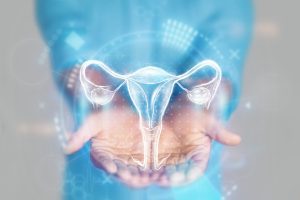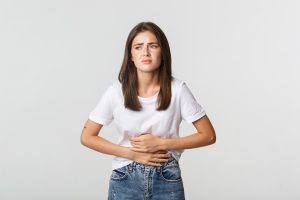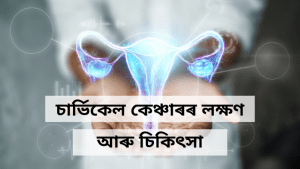Introduction:
Cervical cancer is a type of cancer that affects the cells lining the cervix and can be fatal if left untreated. It’s estimated that about half a million women worldwide are affected by cervical cancer each year, with the majority of cases occurring in low-income countries. Despite advances in early detection and treatment, this disease still causes considerable pain and suffering for countless individuals around the world. In order to raise awareness of this issue, it’s important to understand more about its causes, symptoms, diagnosis methods, and available treatments.

What Causes Cervical Cancer?
The primary cause behind almost all instances of cervical cancer is Human Papillomavirus (HPV). This virus is typically spread through sexual contact but doesn’t always lead directly to infection or illness as many people carry it without noticing any health problems whatsoever. Unfortunately, however, HPV does have serious consequences when left unchecked; prolonged exposure exposes girls from age 10 upwards to daunting risks even before they begin their reproductive lives! Coincidentally, young females tend not to access regular medical checkups, so, often are unaware of any underlying problem until the late stages.
Symptoms and Diagnosis Methods:

Early signs include vaginal bleeding at abnormal times during one’s menstrual cycle or after intercourse where consistent discharge drenched with strange odors presents itself. Should such notices arise urgent visits should occur immediately in conjunction with frequent pap smears which look out for mutated cell changes. In terms of treatment applications, doctors prefer chemotherapy-assisted biopsies.
Cervical Cancer Vaccine and Vaccine Schedule.
HPV- What is the vaccine age and when should one have the cervical cancer vaccine?
- According to research, the HPV vaccine is recommended to be given to girls and boys between ages 11 and 12.
- One can even get vaccinated even at the early age of 9 and be safe from cervical cancer.
- After getting contacted with HPV, the vaccine might not be effective.
- The response of the vaccine is better at younger ages.
- Children under the age of 15 should take two doses of vaccine is recommended at an interval of six months.
- From the age of 15 to 26 years, one needs to take three doses of the same vaccine.
Who should avoid the HPV vaccine?
The HPV vaccine isn’t recommended for pregnant women or people who are moderately or severely ill. Tell your doctor if you have any severe allergies, including an allergy to yeast or latex. Also, if you’ve had a life-threatening allergic reaction to any component of the vaccine or to a previous dose of the vaccine, you shouldn’t get the vaccine.
- Pregnant women
- Moderately or severely ill people.
- If you are allergic to something, then proceed under medical discretion.
- If you had allergic reactions to the first dose of the HPV vaccine.
Conclusion:
Although outcomes vary greatly depending on the phase acknowledged along with other contributory factors. Having said that, the vaccine is adjudged safe and does not show any life-threatening symptoms or side effects.
Call to know more: +91 9560630205
Book an appointment now for HPV near you!


